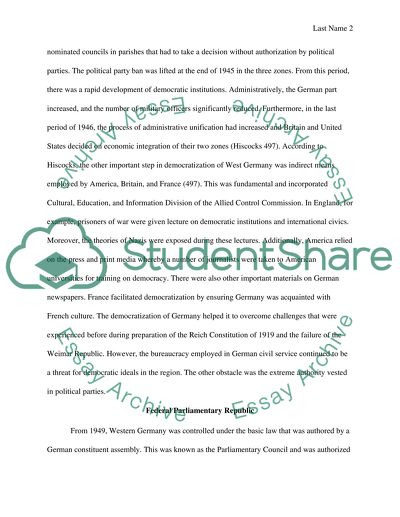Cite this document
(“Germany During the Cold War (West Germany) Research Paper”, n.d.)
Retrieved from https://studentshare.org/history/1452662-germany-during-the-cold-war-west-germany
Retrieved from https://studentshare.org/history/1452662-germany-during-the-cold-war-west-germany
(Germany During the Cold War (West Germany) Research Paper)
https://studentshare.org/history/1452662-germany-during-the-cold-war-west-germany.
https://studentshare.org/history/1452662-germany-during-the-cold-war-west-germany.
“Germany During the Cold War (West Germany) Research Paper”, n.d. https://studentshare.org/history/1452662-germany-during-the-cold-war-west-germany.


